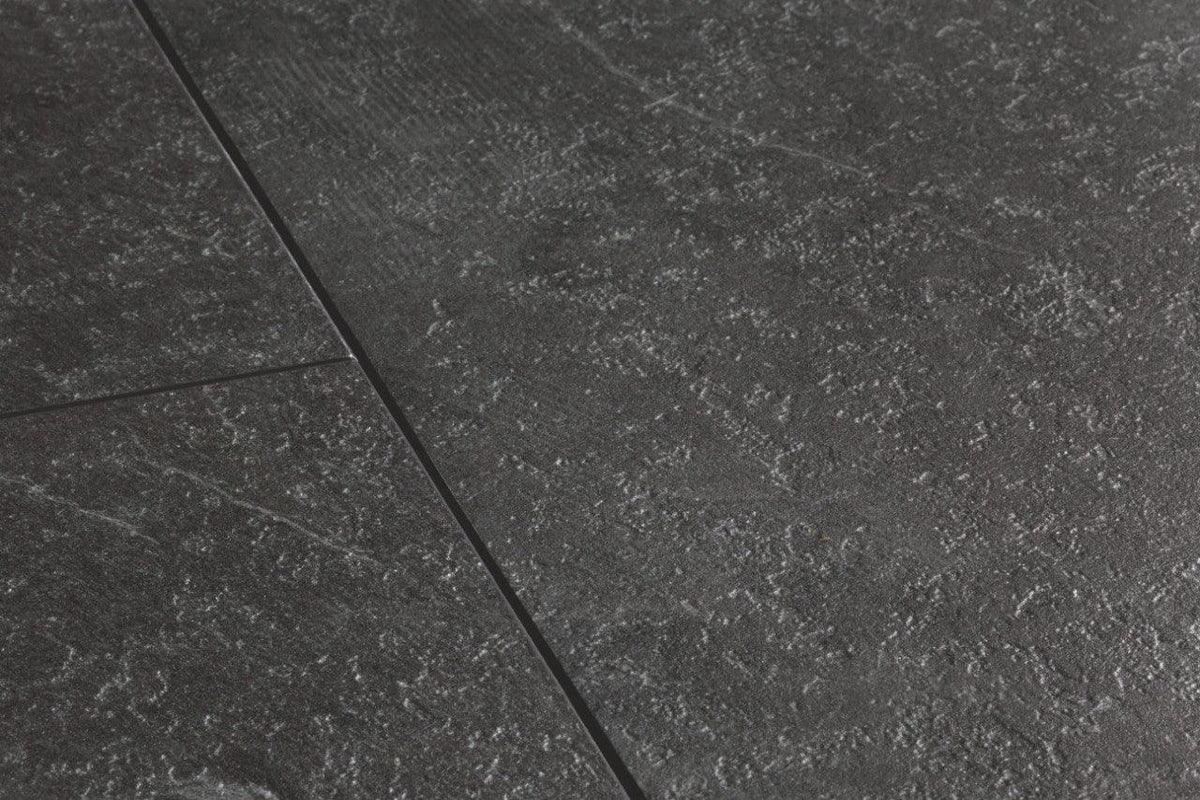Vinyl flooring is flooring made from polyvinyl chloride (PVC) and is used in many residential and commercial spaces. But what about the environmental compatibility of vinyl floor coverings?
Unlike some other floor coverings such as carpet or laminate, vinyl flooring is made from a material that is 100% recyclable. This means that at the end of its life it does not end up in landfill but can be reused. This is an important factor that makes vinyl flooring an environmentally friendly choice.
Another advantage of vinyl flooring is its durability and resistance. Vinyl flooring is a very durable floor covering that will last for many years and is a good investment for the future. Compared to other floor coverings that require regular replacement, vinyl flooring can help reduce waste and resource consumption.
Vinyl flooring is also easy to maintain and clean. Unlike carpet, which is often difficult to clean and absorbs dust and dirt, vinyl flooring can be easily cleaned with a damp cloth or vacuum cleaner. This makes vinyl flooring a hygienic choice for residential and commercial spaces.
Vinyl flooring comes in a variety of designs and colors to suit any decor and home style. Whether you're looking for a modern or traditional look, there's always a vinyl flooring option to suit. In addition, vinyl flooring is also available in different price ranges, making it suitable for every budget.
In summary, vinyl flooring is an environmentally friendly and durable flooring choice. With their durability, ease of care and versatility, they are an excellent choice for residential and commercial spaces. If you are looking for an eco-friendly and durable flooring option, vinyl flooring is definitely a great option to consider.
I hope this post was helpful and gave you a better insight into the positive aspects of vinyl flooring. If you have any further questions or need help choosing the right flooring, we are happy to help.

